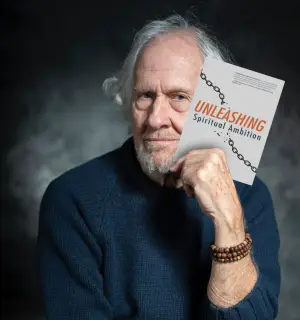Book Boyfriend: A Journey from Fantasy to Reality
As a lifelong reader who has often found solace in the pages of a good romance, I couldn’t resist the allure of Book Boyfriend by Emily Wibberley and Austin Siegemund-Broka. The very title conjures up nostalgia for those captivating fictional heroes that we all secretly wish existed in real life. With this promising premise, I dove into a narrative that not only celebrates fandom but also challenges the fabric of our romantic ideals.
At its heart, the novel follows Jennifer Worth, a relatable protagonist navigating the rocky terrain of adulthood. A marketing professional at Parthenon Publishing, Jennifer retreats into the enchanting world of the Elytheum Courts series after her boyfriend’s public breakup. Her spontaneous decision to attend an immersive fan experience feels both desperate and liberating. But what adds a twist to her self-discovery is the unexpected presence of her office nemesis, Scott Daniels. As they engage in playful rivalry and teamwork amidst cosplay and scavenger hunts, the initial animosity begins to melt away, revealing layers of vulnerability and desire.
Wibberley and Siegemund-Broka’s understanding of fandom shines through, beautifully capturing the joy and the often shadowy side of escapism. The imaginary Elytheum feels so well-realized that it’s easy to wish it was a real series. The authors excel at portraying the camaraderie among fellow fans, especially with the vibrant characters of Laurel and Brit, who add depth and laughter to Jennifer’s journey.
While Jennifer’s inner monologue strikes a perfect balance between humor and poignancy, Scott’s transformation from aloof coworker to a swoon-worthy book boyfriend seems a tad rushed at times. His meticulous notebook filled with pointers on becoming the "perfect" partner serves as a clever device, yet at points, it feels a bit too convenient, tugging the narrative along in ways that occasionally strain credibility. The pacing wobbles in the middle, where repetitive emotional beats overshadow the narrative’s emotional core. Yet, moments like this are peppered with gold—such as when Jennifer muses, “I know I’ve used fantasy as an escape, and the real world offers none of its forgiveness.”
The writing flow is largely engaging, and the authors often deliver witty dialogue that dances off the page. However, some passages meander into repetition, and there are moments where emotional descriptions verge on melodrama. Despite these hiccups, the exploration of what love looks like in both fantasy and reality is too valuable to overlook.
In conclusion, Book Boyfriend is perfect for anyone who has ever fallen for a fictional character or sought refuge in a book’s embrace. It skillfully prompts readers to consider what we may sacrifice in the pursuit of perfection, reminding us that real relationships—imperfections and all—can be far more rewarding than any romantic fantasy we conjure.
Although it may have its flaws, this novel offers a delightful escape filled with genuine warmth and connection. With its compelling exploration of the tension between dreams and reality, it left me with an urge to re-examine the shelves in my own library, perhaps with new appreciation for the book boyfriends I’ve cherished over the years. If you’re in the mood for a charming romp through an immersive fandom and a heartwarming romance, Book Boyfriend is undoubtedly worth the read.






